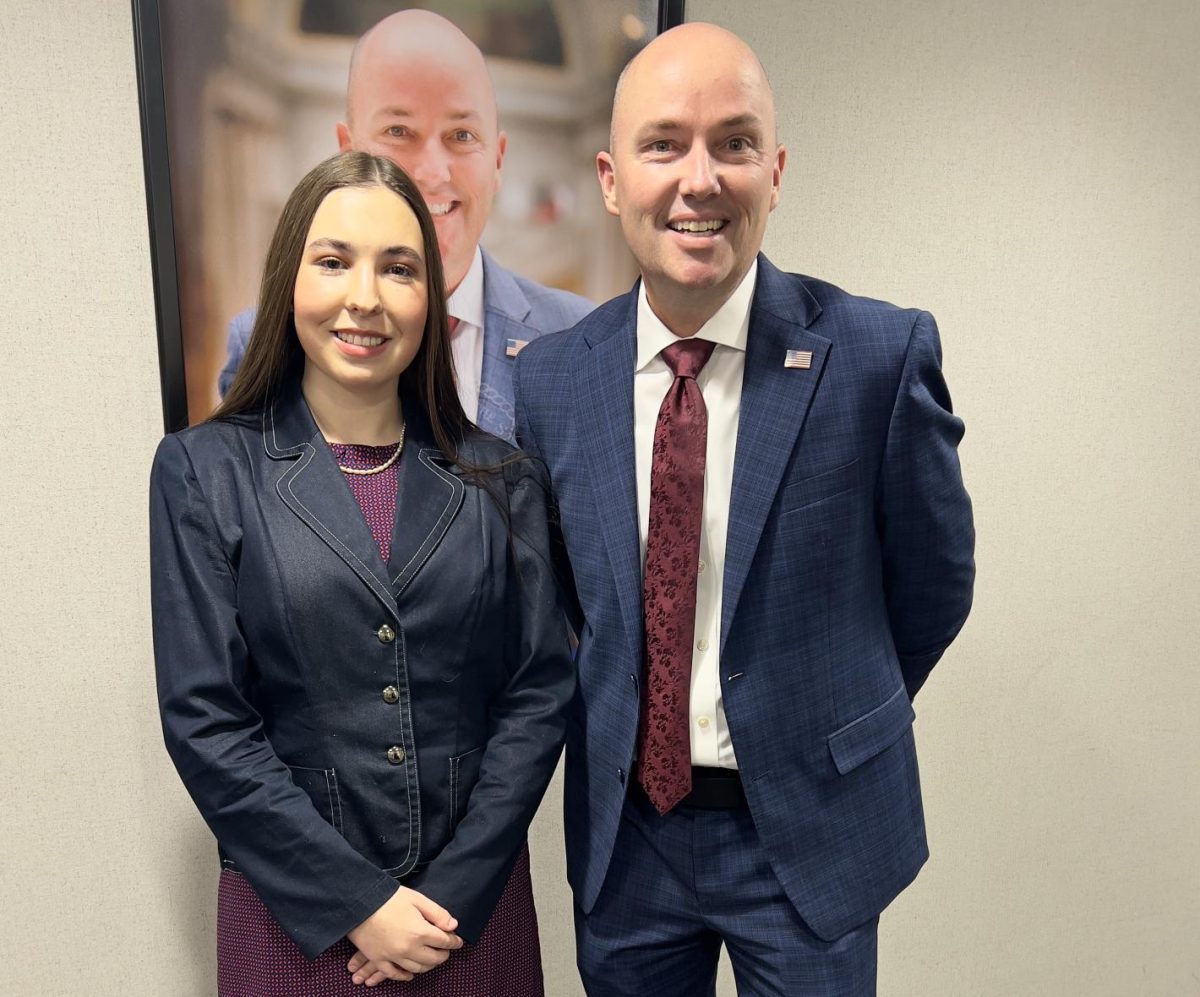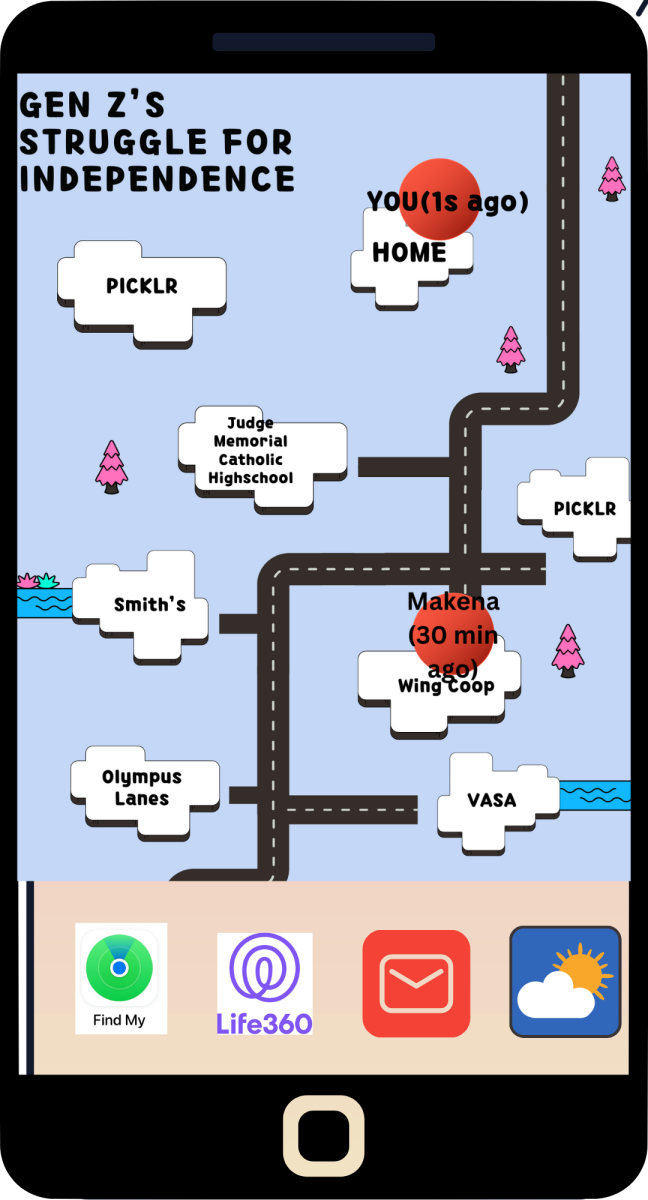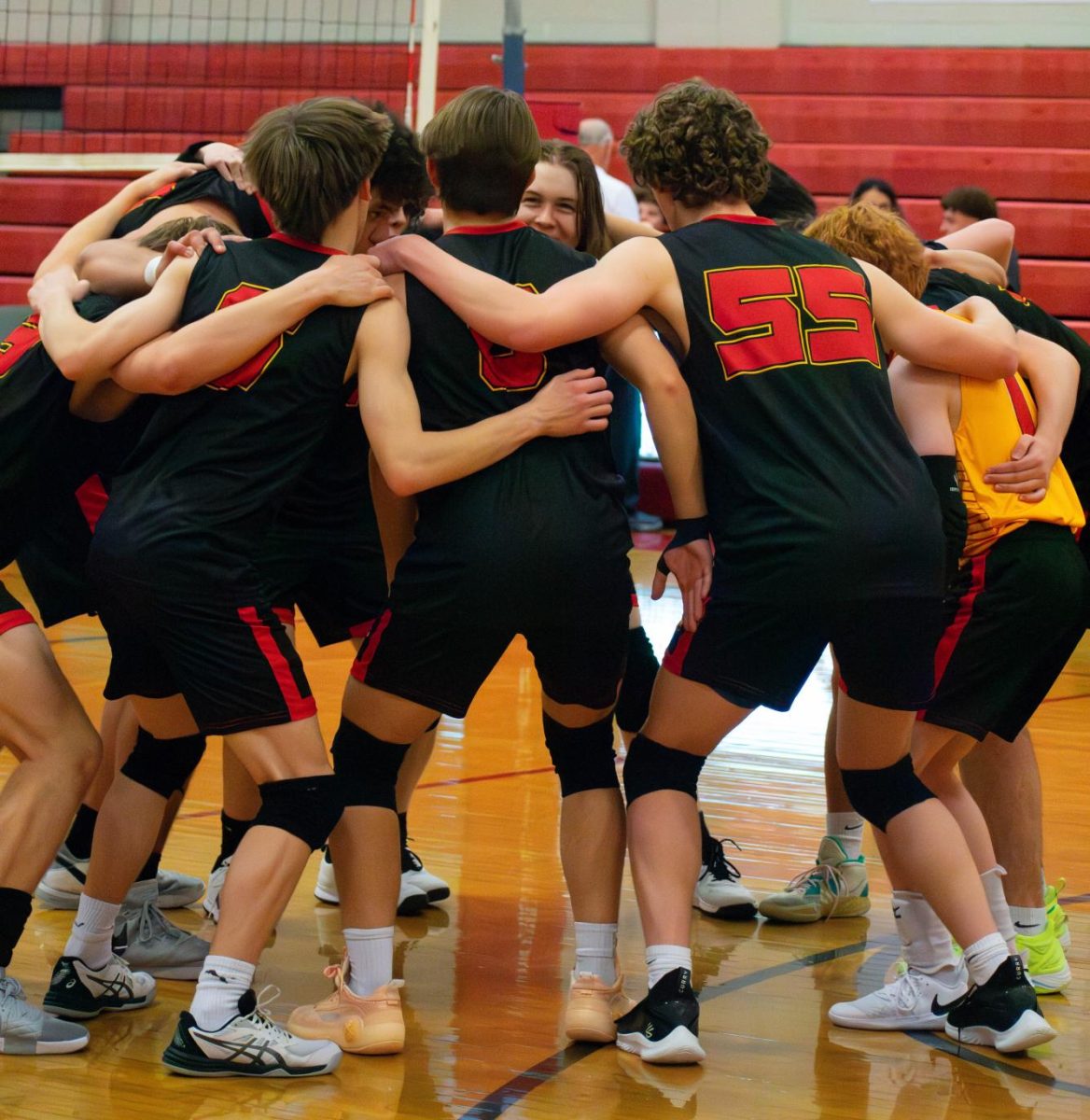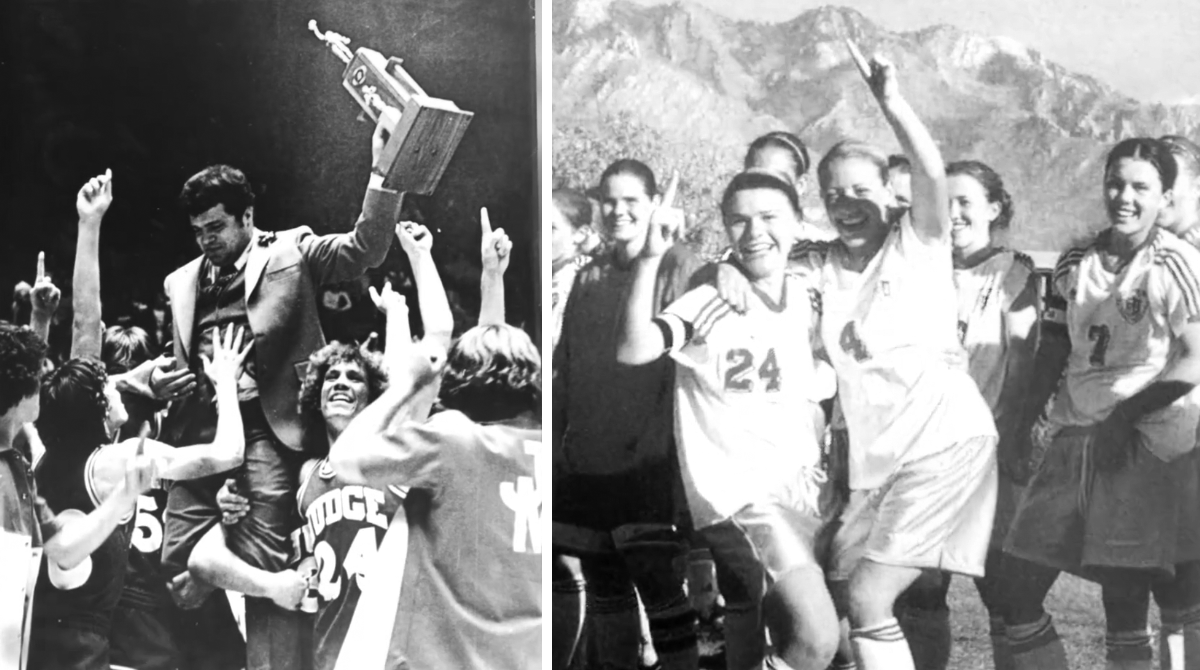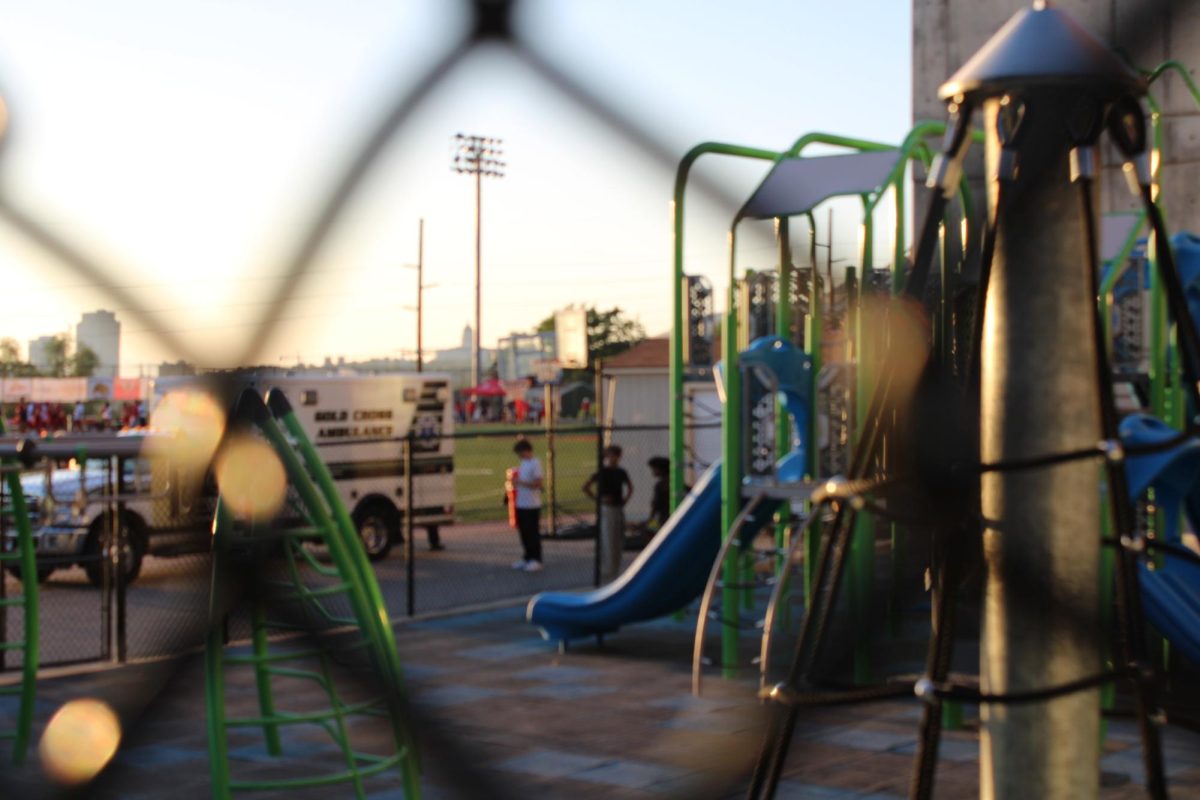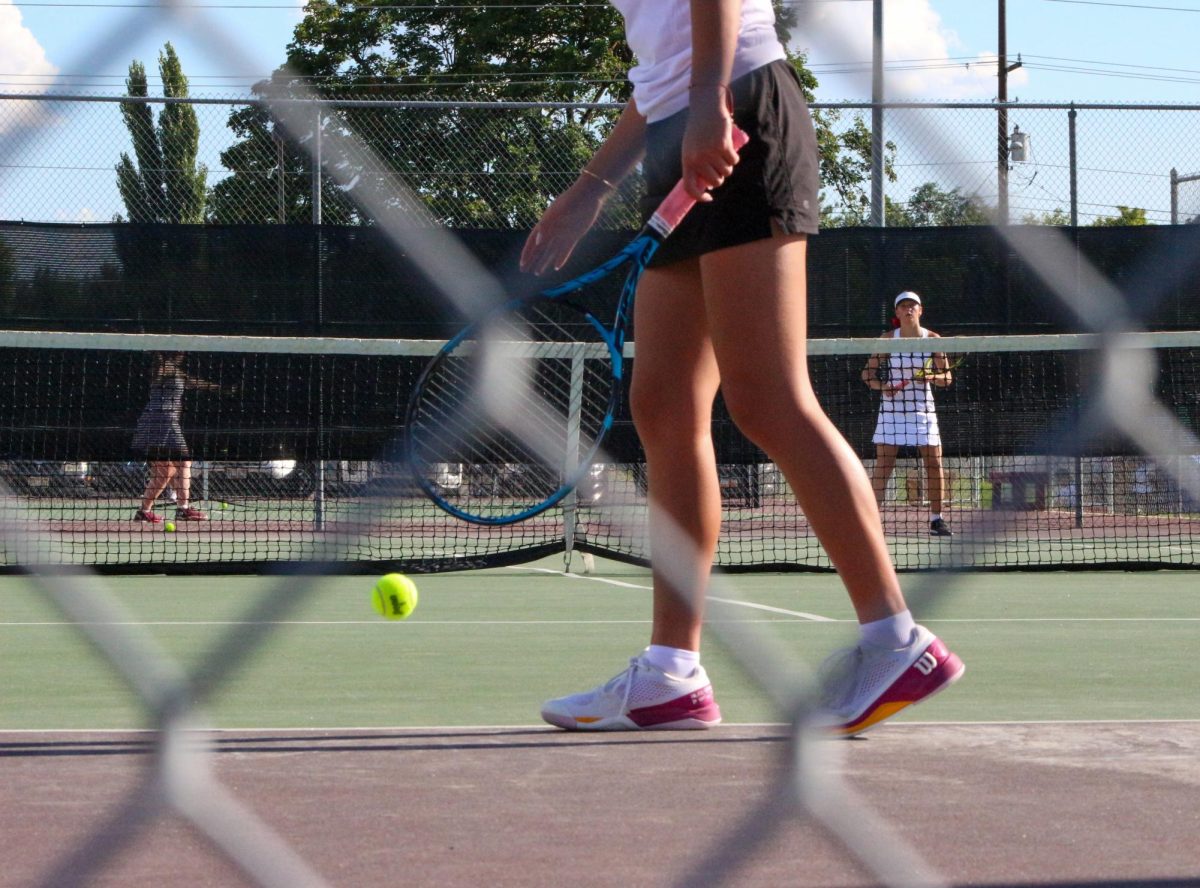In the world of high school sports, fairness and opportunity should be two things that everyone strives for. Yet, in Utah, the UHSAA transfer rules for high school athletes create a glaring imbalance that disadvantages both in-state and out-of-state players. These rules, which limit student-athlete mobility, undermine competition, restrict growth opportunities, and disrupt the dreams of countless athletes who simply want to play the game they love.
At first glance, Utah’s transfer rules seem reasonable. They aim to prevent “school-hopping” for athletic advantage and preserve the integrity of high school sports. But beneath this well-intentioned goal lies a set of policies that often punish student-athletes for circumstances beyond their control. Under these rules, any athlete transferring schools without a change of residence or a waiver faces a year-long ineligibility penalty for varsity play. This rule creates obstacles for athletes seeking better academic, athletic, or personal environments.
These rules also harm in-state players who may move during their highschool years. Though most moves are usually necessary for families who may do them, they also prevent student athletes from playing varsity sports for a year. Often student athletes will feel helpless, like they are being punished for something they cannot control. Stories like these are common, revealing how Utah’s transfer rules unfairly penalize athletes for legitimate life changes.
The situation becomes even more challenging for out-of-country athletes, who face additional layers of serious restrictions. Many of these students come to Utah for better academic and athletic opportunities, often overcoming significant cultural and logistical barriers. Yet, the transfer rules treat their situations with the same strictness, ignoring the unique challenges they face. Students with F1 visas are not allowed to play any varsity sports at all, with schools such as Layton Christian Academy having to drop out of the playoffs in almost all of their sports. The UHSAA does this because they believe it prevents recruiting in highschool sports, whereas most Utahns see it as unfair discrimination.
Critics of transfer reform argue that allowing more flexibility could lead to teams that recruit really good players in order to win. While this is a valid concern, other states have implemented more balanced policies that provide solutions. California, for example, allows mid-season transfers under specific circumstances while maintaining strict penalties for clear cases of recruitment violations. This approach balances the need for fairness with the reality of athletes’ personal lives.
Moreover, the current Utah rules ignore the benefits of athletic participation. Sports teach teamwork, resilience, and discipline, qualities that can be used both on and off the field. By sidelining athletes, these rules deny them not just game time but also the personal growth and scholarship opportunities that come with participation. For out-of-state athletes, these restrictions create additional burdens, making Utah a less attractive destination for families seeking opportunities for their children.
Reform is desperately needed in these transfer rules. High school sports should be about growth and opportunity, not barriers. By revising these strict rules, Utah can level the playing field for all athletes, in-state and out-of-state alike, ensuring that talent and effort, not government decisions, determine who gets to play the game.



